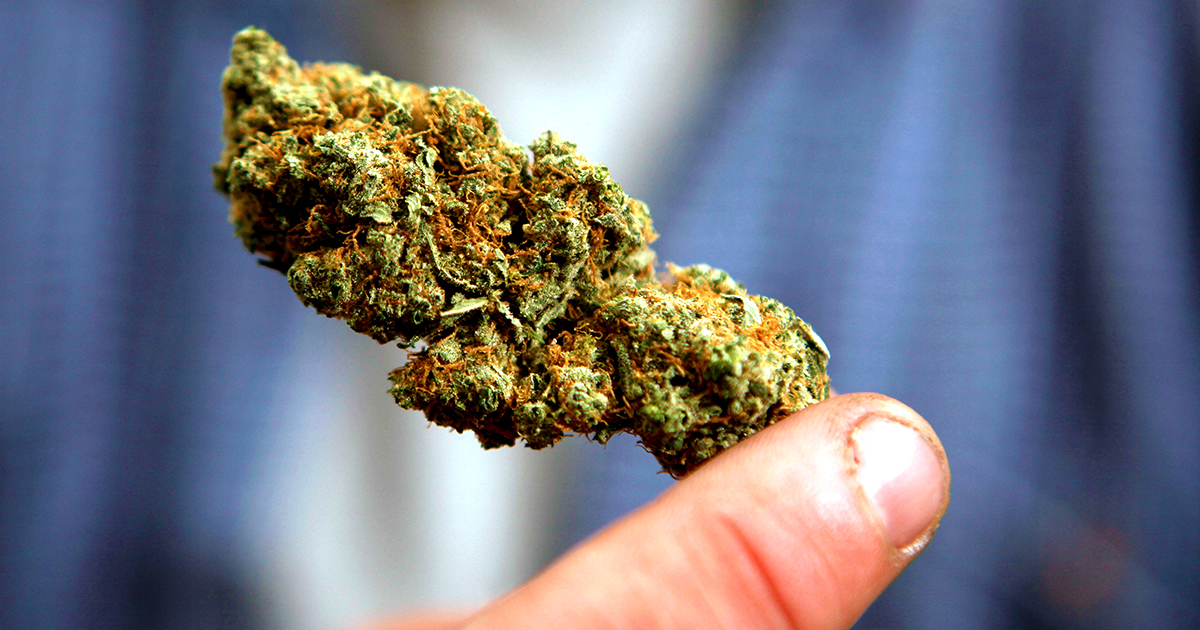AAA Is Fighting to Stop Legal Marijuana

By:
If you're one of the 55 million members of the American Automobile Association (AAA), you might be surprised to learn that the organization has recently thrown itself into the fight over marijuana reform, opposing efforts to loosen marijuana laws in several states.
 Wikimedia - wikimedia.org
Wikimedia - wikimedia.org
According to a report from Leafly, AAA's anti-legalization lobbying efforts are concentrated on the East Coast, targeting lawmakers in Connecticut, Delaware, Pennsylvania, and Maryland. The group is reportedly pushing the idea that legalization will drive up traffic-related fatalities due to more impaired drivers being on the road.
But critics say the evidence AAA cites in support of this claim misrepresents its own research
"They're grossly distorting their own data that they've taken," which now factors in "drug testing for marijuana in highway traffic fatality incidents when, prior to legalization, that was not a normally tracked data point," Justin Strekal, political director of the marijuana reform group NORML, told ATTN:.
"What AAA failed to mention—in all of these states where they had their representatives lobbying against legalization bills and crying that the highways of Colorado run red with blood—[is] that overall highway traffic fatalities have fallen in the state during the process of legalization, implementation, and growth of the legal market," Strekal said. "It's absolutely disingenuous the way that they're presenting their information."
Recent studies have presented conflicting accounts of the effects of legalizing for medical or recreational use on traffic incidents.
As Leafly pointed out, two studies exploring the issue, released just this week, came to different conclusions: the first, from the Insurance Institute for Highway Safety, determined that collision claims were 3 percent higher in Colorado, Oregon, and Washington compared to neighboring, non-legal states; the second, published in the American Journal of Public Health, concluded that changes in traffic fatalities in Colorado and Washington from 2009 to 2015 were no different than changes in non-legal states.
There are also two other studies, one from 2013 and another from 2016, that show significant declines in traffic fatalities in states that have legalized marijuana for medical purposes. Traffic fatalities fell anywhere from 8 to 11 percent post-legalization, according to the studies.
"And yet," Leafly reported, "there has been no call from any AAA officials to expand the legalization of medical marijuana, based on that correlation (which, remember, is not the same as causation) between medical marijuana legalization and a drop in fatalities."
 AP/Robert F. Bukaty - apimages.com
AP/Robert F. Bukaty - apimages.com
That's something Strekal takes issue with as well. He said that NORML and AAA are ultimately on the same page when it comes to traffic safety and marijuana policy, and that NORML would "absolutely love" if AAA became a "good faith partner" to advocate against impaired driving.
"NORML is in a position to advocate for the reform of marijuana laws, while AAA is such a trusted brand and could be the messenger to discourage impaired driving," Strekal said. "But, instead, they're choosing alienate at least 60 percent of the population, and they're doing it through a process of fear-mongering with discredited, reefer madness era talking points."
AAA did not immediately respond to requests for comment.
